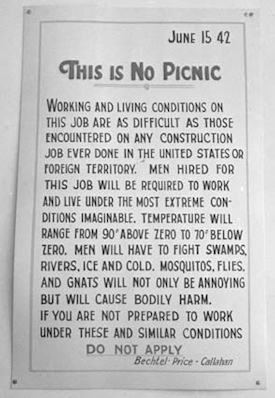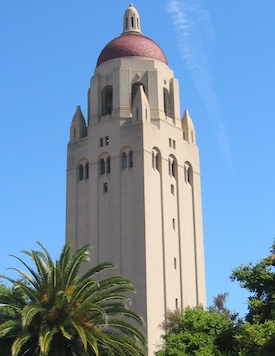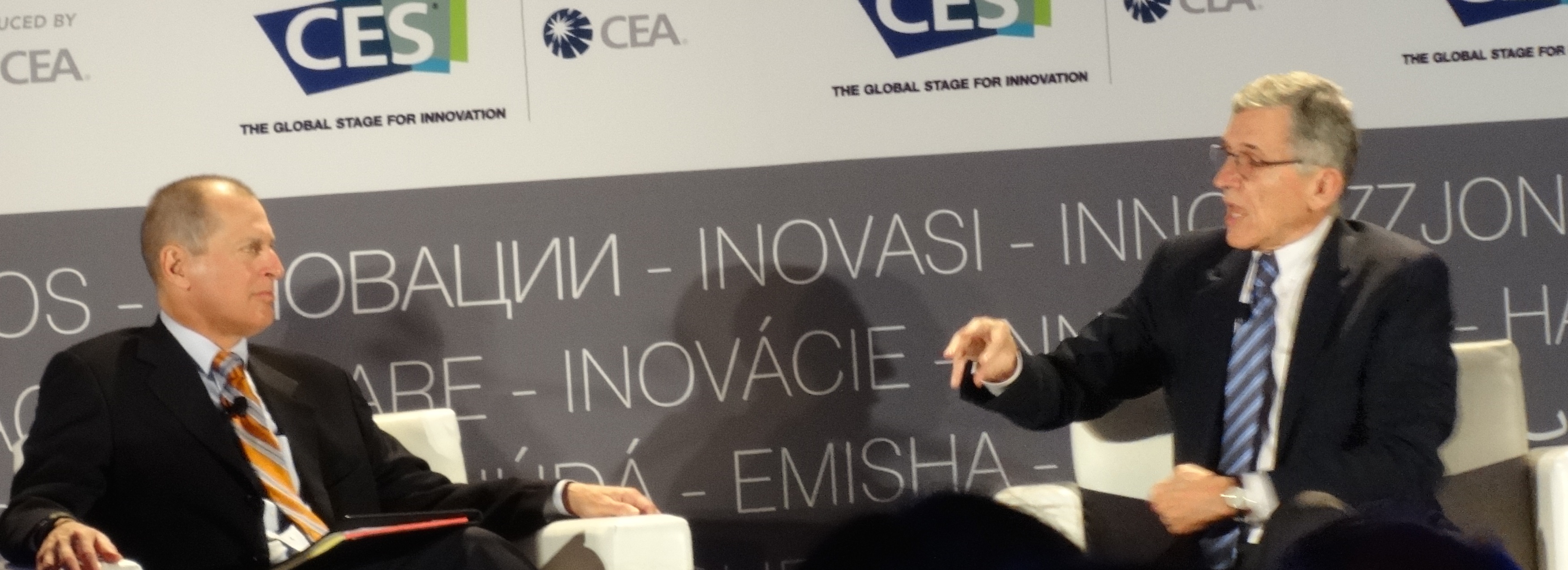FCC makes a good call to follow the market and not manage it

I want to catch up on developments at the FCC this week. The big news, of course, is chairman Tom Wheeler’s press release saying he’s going to put broadband under common carrier rules. If it flies – and all indications are it will – it’ll mark a major turning point in the history of the Internet. I say that with all the authority a bachelor’s degree in history (specifically the historical nexus between California and Japan, if you’re curious) bestows upon me.… More







![By Petr Kratochvil [CC0], via Wikimedia Commons](https://www.tellusventure.com/images/2015/1/beer_tap.jpg)

![By JDQ 121 (Own work) [CC BY-SA 3.0 (https://creativecommons.org/licenses/by-sa/3.0) or GFDL (https://www.gnu.org/copyleft/fdl.html)], via Wikimedia Commons](https://www.tellusventure.com/images/2015/1/redneck.jpg)